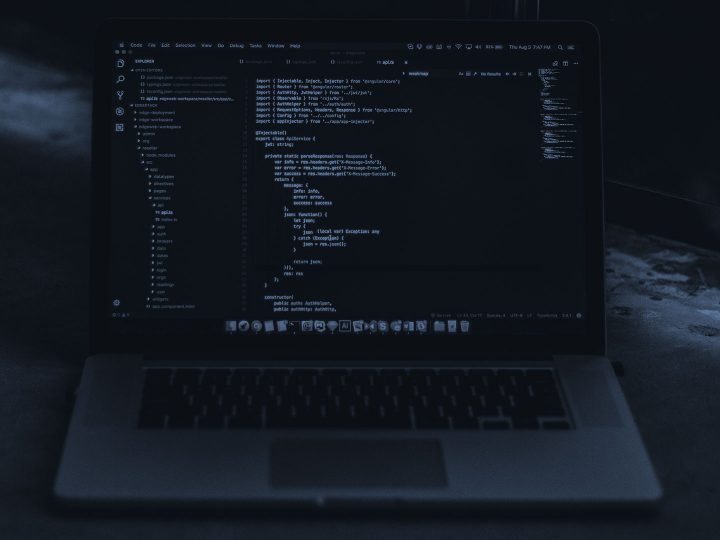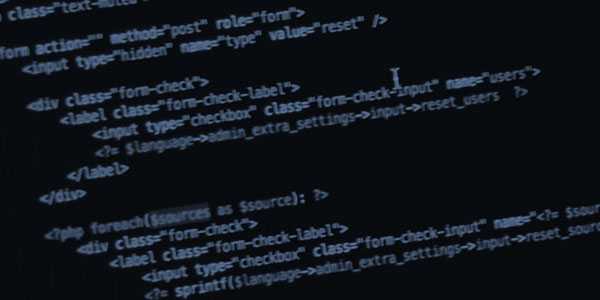Today, the Global Internet Forum to Counter Terrorism (GIFCT) announced Nicholas J. Rasmussen as the first full-time executive director of the organization and shared the first members of its Independent Advisory Committee (IAC). The IAC will convene its first working meeting this week and the GIFCT will hold its inaugural Multi-Stakeholder Forum next month. These announcements represent months of work by current GIFCT chair Microsoft, previous GIFCT chairs Facebook and Google, and all GIFCT member organizations. These steps also underscore how GIFCT has matured its structure to emphasize the independence of the organization and reflect its multi-stakeholder orientation, with participation by industry, government, civil society and academia.
Nicholas J. Rasmussen, currently Senior Director for National Security and Counterterrorism of the McCain Institute for International Leadership, will begin serving as the first full-time GIFCT executive director on June 29th and will oversee all day-to-day activities and operations.
“Terrorists have shown they will relentlessly adopt technology and spread their messages and activities online,” said incoming GIFCT executive director Nicholas J. Rasmussen. “The GIFCT is really the first organization to bring together every element of society needed to address the issue, and we’ll build on the early progress from member companies by growing the organization’s capacity to do more and making new, tangible progress to protect people.”
Before joining the McCain Institute in 2018, he held high-level roles in government, including Director of the National Counterterrorism Center under both Presidents Obama and Trump, Special Assistant to the President and Senior Director for Counterterrorism on the National Security Council (NSC) staff under President Obama, Director of Regional Affairs in the NSC’s Office of Combatting Terrorism under President George W. Bush and in critical roles at the U.S. Department of State for more than a decade. He holds academic posts at the Sandra Day O’Connor College of Law at Arizona State University, the University of Texas at Austin School of Law, the National Security College of Australia National University and the Reiss Center on Law and Security at New York University School of Law.
The GIFCT also announced today its new 21-member IAC, which is tasked with helping to set organizational priorities and assess performance.
“The establishment of the Independent Advisory Committee by the Global Internet Forum to Counter Terrorism is an important step towards a sustainable consultative relationship with governments and non-governmental actors, all over the world,” said Dr. Albert Antwi-Boasiako, National Cybersecurity Advisor, Republic of Ghana and a member of the IAC. “This relationship is expected to provide another opportunity especially for the Global South to improve the dialogue with the tech community towards our collective response against the use of digital platforms for terrorism related activities.”
Anjum Rahman, project Lead for Inclusive Aotearoa Collective, said, “It’s an honor to be given the opportunity to serve on the Independent Advisory Committee of the Global Internet Forum to Counter Terrorism. I hope to strongly represent civil society voices, so that people are free to hold power to account, while ensuring that online spaces do not cause harm. The IAC must have a strong commitment to empowering communities using a collaborative approach, to ensure positive change in online activities which have offline consequences. I look forward to working with other IAC members, with confidence that our collective experience will ensure that the GIFCT is effective in its work.”
“Today marks important steps to improve the Global Internet Forum to Counter Terrorism,” said Courtney Gregoire, current GIFCT chair and chief digital safety officer at Microsoft. “Nicholas Rasmussen brings deep expertise to our organization as executive director. Our Independent Advisory Committee, with leaders from across government and civil society, reflects our shared commitment to prevent terrorists and violent extremists from exploiting the internet while protecting freedom of expression.”
The IAC includes representatives from the following organizations:
Centre for Analysis of the Radical Right
European Union, Directorate-General for Migration and Home Affairs
Government of Canada, Public Safety Canada
Government of France, Ministry for Europe and Foreign Affairs
Government of Ghana, Ministry of Communications
Government of Japan, Ministry of Foreign Affairs
Government of New Zealand, Department of Prime Minister and Cabinet
Government of the United Kingdom, Home Office
Government of the United States, National Security Council
Hewlett Foundation
Inclusive Aotearoa Collective
Rajaratnam School of International Studies
Stanford University, Global Digital Policy Incubator
Swansea University
SynqUp
The Khalifa-Ihler Institute
The Observer Research Foundation
United Nations Security Council Counter-Terrorism Executive Directorate
Université du Québec à Montréal
University of California, Irvine
University of Maryland, National Consortium for the Study of Terrorism and Responses to Terrorism
The IAC will hold its first (virtual) meeting on June 25th where it will be briefed on GIFCT activities to-date, including the GIFCT’s six priority working groups and future plans. The GIFCT’s inaugural Multi-Stakeholder Forum will be held July 23rd and will be the first time the broader GIFCT community will meet the new executive director and have the ability to take part in the GIFCT’s work for the remainder of 2020 and subsequent years.
##
About the GIFCT
The GIFCT is a 501(c)(3) not-for-profit headquartered in the United States focused on preventing terrorists and violent extremists from exploiting digital platforms. Officially launched in July 2017 by founding member companies Facebook, Microsoft, Twitter and YouTube, the GIFCT is now a first-of-its-kind, multi-stakeholder group that brings together the technology industry, government, civil society and academia to foster collaboration and information-sharing about terrorists’ abuse of technology. To learn more visit: www.gifct.org.




